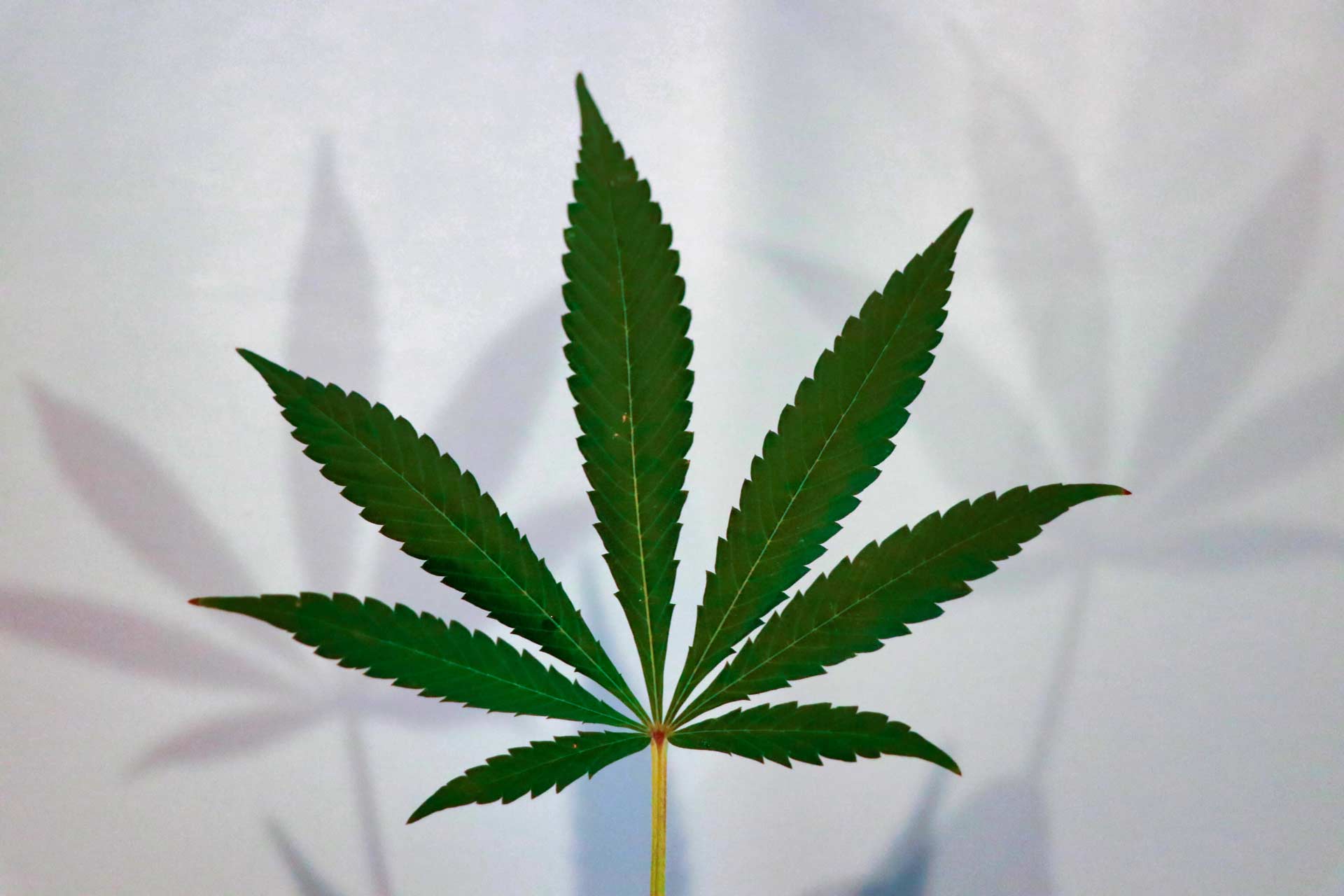Non-psychoactive tetrahydrocannabinolic acid (THCA) is one of the most abundant therapeutic compounds produced by cannabis plants.
We know it looks appetizing, but chomping down on a raw cannabis bud will not get you high. The fresh leaves and flowers, while resplendent in all the vibrant hues of a juicy nug, need a measure of tender loving care to burst forth with good vibes for mind and body.
What mainly needs to happen before the joint, edibles, or tincture do their job is the THCA within cannabis must evolve into THC. It might seem trivial to the novice, but dropping that “A” makes all the difference in the green world.
THCA & THC: The Tale of Two Cannabinoids
THCA, or tetrahydrocannabinolic acid, is a non-psychoactive cannabinoid that occurs naturally in cannabis plants. It’s the precursor to the more famous intoxicating cannabinoid delta-9-tetrahydrocannabinol (THC). To understand how these two compounds factor into the major marijuana equation, let’s rehash some of the scientific details concerning cannabis.
All of the major cannabinoids present in cannabis come from cannabigerolic acid (CBGA), also known as the “mother of all cannabinoids.” As the plant matures, enzymes unique to each strain convert CBGA into a mix of the three major cannabinoid compound precursors: cannabidiolic acid (CBDA), cannabichromenic acid (CBCA), and the aforementioned THCA.
How Does THCA Become THC?
All it takes is heat to inspire THCA to drop the acid. Through the process of decarboxylation, heat burns away the carboxylic acid group from THCA, altering the chemical structure until it’s the THC we know and love. It’s true, the intoxicating effects of cannabis are a product of the very nature in which we consume it—how lucky is that?
Quite lucky, as it turns out. The main reason THCA is devoid of psychoactive effects is that the molecule simply won’t fit into our endocannabinoid system’s CB1 and CB2 receptors. When it’s freed of acid, THC fits snuggly into those receptors in our central nervous system, sparking the elevated mental and physical experience.
Methods of Converting THCA to THC
Decarboxylation (or “decarbing your weed”) is a process that takes on many different forms, depending on which cannabis product you’re looking to create. Here are a few of the most common methods of dropping the acid from THCA.
Light Exposure. As your cannabis plant sits in the warm sun or is exposed to a powerful source of light for an extended period of time, nature will run its course and slowly convert THCA into THC.
Smoking. When you apply a flame to dried, cured bud, the intense heat rapidly transforms any THCA into THC. What’s interesting, though, is that while it’s the most traditional method for consuming cannabis, fire doesn’t convert all of the THCA into THC.
Vaporizing. Now here’s the most efficient way to decarb cannabis. This “low and slow” method ensures that the maximum amount of THCA converts to THC. However, there’s always the danger of overheating your weed, which could cause you to lose precious THC.
Baking. This is probably the most precious way to decarb cannabis, as it gives you the most control over variables like temperature and time. Mainly used to produce cannabutter or canna-oil for intoxicating edibles, baking involves the process of grinding your bud, spreading it evenly on a baking sheet, and heating it extremely slowly in the oven. We’re talking no hotter than 230-degrees Fahrenheit for up to 45 minutes.
Does THCA Have Any Benefits for the Mind & Body?
Chewing on freshly harvested cannabis—while potentially delightful—won’t leave you feeling anything other than some weed in your teeth. But does that mean THCA is entirely useless? Not quite.
While there are no intoxicating effects, THCA might possess an array of other benefits that link it to superfoods such as kale, green tea, avocados, and garlic. THCA is the subject of preliminary research and anecdotal evidence that suggests the precursor compound could play a pivotal role in wellness, after all, joining its far more famous cohorts THC, CBD, and terpenes.
One particular study from 2011 posits that, along with other cannabinoids, THCA could demonstrate properties that support general wellness and even soothe inflamed joints and ease post-workout inflammation. Meanwhile, another study from 2017 points to THCA’s potential with the human mind, potentially promoting general mental activity and improving mental acuity.
Two more studies also make a case for THCA: One from 2020 demonstrating THCA’s ability to soothe the stomach, and another from the same year that suggests THCA could be quite adept at helping you maintain healthy blood sugar levels.
Takeaway
As we continue to explore the many possibilities of cannabis, more and more secrets are sure to be revealed. THCA, while not at all as potent as THC, is yet another compound with a future so bright we can taste it.

